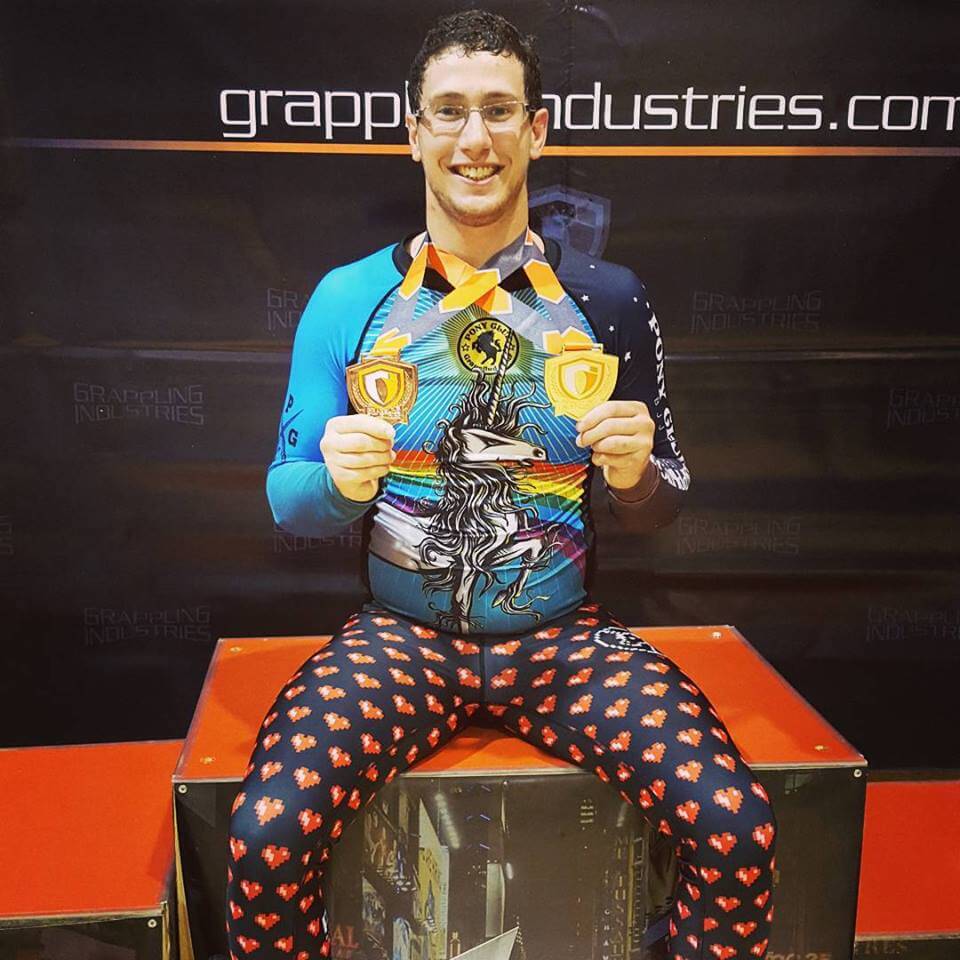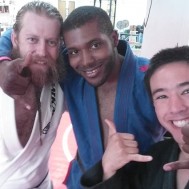Like many sports and activities, jiu jitsu has a whole culture, community and lifestyle attached to it. Interestingly, the community aspect greatly depends on the individual and which academy or gym the individual chooses. There are so many different kinds of potential environments that it can be bewildering.
Perhaps the most common is the casual gym. More often than not a casual gym is run by a non-competitor who has maybe competed twice or three times. Often these sorts of places have room for one or two serious competitors, but otherwise competition isn’t really the focus. Self defense is generally emphasized in these sorts of environments to attract beginners, and while the techniques taught may be sound, generally very few ever get to actually test these techniques against a truly resisting adversary.
A common training environment is the BJJ cult. These sorts of training rooms are run by individuals whose ego runs high. This is not necessary a harmful environment but it is highly restrictive, you are told who to train with what techniques you are or are not allowed to apply, and there’s a strict sense of formality. The easiest telltale sign that you’re part of a BJJ cult is if cross training is discouraged. There are some highly successful BJJ cults, and if the people at the top of the food chain operate ethically, it’s not a bad thing at all, but anytime someone is given that much power over other people’s lives it can be risky.
MMA gyms tend to have a fascinating bjj program culture. I’ve seen it time and again. Because so many MMA fighters are expert level grapplers who are still white belts, and because BJJ programs are just a part of the MMA culture, BJJ programs inside of MMA gyms tend to have a fascinating dynamic. They tend to be more permissive and they tend to encourage a wide array of “impolite” techniques including neck cranks and heel hooks. Generally speaking, MMA gyms don’t have many high level BJJ competitors because their high level athletes focus on MMA, but in some cases like Tristar in Canada they become hotbeds for jiu-jitsu talent.
A fascinating training environment is the competition gym. These sorts of academies are chock full of killers, but at the same time have an unusual culture because of the sharp divide between high level competitors and hobbyists. These sorts of training rooms can breed cliques which can make a friendly training atmosphere difficult.
An often under-appreciated environment is the small group. Some instructors aren’t interested in packing their room chock full of 50 students, they’d rather have a dedicated group of 10-12. In a training room like this every student learns faster up to a point, but it can be difficult to jump to the next level when you’re exposed to the exact same people day in and day out. Combined with cross training this can be a very productive and rewarding training experience and mustn’t be underestimated.
The way your personality meshes with your choice of training environment can make or break the potential of developing friendships with your teammates. If you’re a competitor in a non competitive training room, you may be seen as a threat and rejected by those with whom you train. If on the other hand you’re a pure hobbyist and you’re in a sea of sharks, you may feel like you’re constantly getting eaten alive. This applies through and through, the only way to truly get the most out of your jiu-jitsu experience is to find an academy that gives you the kind of opportunities, social and otherwise that you’re looking for.
Jiu-jitsu can offer its practitioners an opportunity to have a second family. At its best, jiu-jitsu gives us built in friends all around the world, with the universal language being the slap, bump and roll. The key is to tap into the community and culture. Appreciate it for what it is, because it has grown greatly over the past couple of decades.
Training is a difficult and taxing experience, but it helps us form bonds with those with whom we train. Form those bonds and appreciate the results from them, after all we do this for fun!

Emil Fischer is a Jiu-jitsu Black Belt and BJJ competitor training under Pablo Angel Castro III at Strong Style MMA in Cleveland Ohio. An avid writer and competitor, Emil has amassed an extensive competition record. Most notably, Emil is a 2 time gold medalist at the IBJJF No Gi Pans, and has a submission victory record of 5-1 at Fight To Win Pro which includes purple belt no-gi light heavyweight championship
Emil’s sponsors are Impact Mouthguards, Cleveland Cryo, The Terphouse, Meerkatsu, Eddys on Coventry and Nottarookie. He is a Ludwig Van and Vanguard Kimono brand ambassador.
